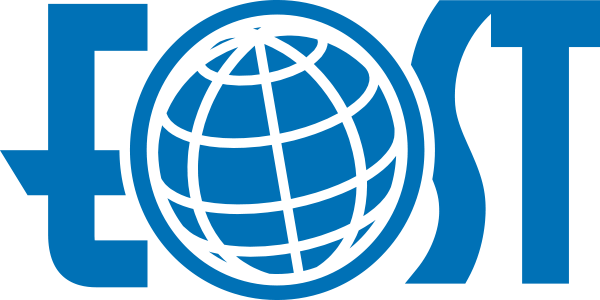Projet informatique
Diplôme d'ingénieur de l'École et observatoire des sciences de la Terre (EOST)Parcours Diplôme d'ingénieur de l'EOST
Description
Résolution d'un problème par l'outil informatique. Les problèmes peuvent être de nature très diverse (géophysique, mathématique, etc.).
Une liste de sujets est mise à disposition des élèves, mais les propositions personnelles sont encouragées. L'objectif principal est de fournir à l'étudiant une motivation pour s'approprier l'outil informatique. Le volume horaire correspondant est de l'ordre de 50 heures. Le choix des problèmes doit être effectué avant la fin du premier semestre (décembre) et la solution élaborée pendant le second. Une permanence hebdomadaire est assurée par les intervenants afin d’aider les étudiants en cas de difficultés. Le travail se fait par binômes et le résultat final fait l'objet d'un rapport écrit. Une formation au logiciel de rédaction LaTeX est donnée afin de rédiger le rapport.
---
Solving a problem by the computer tool. The problems can be very diverse in nature (geophysics, mathematics, etc.). A list of subjects is made available to students, but personal proposals are encouraged. The main objective is to provide the student with a motivation to approach the computer tool. The corresponding hourly volume is of the order of 50 hours. The choice of problems must be made before the end of the first semester (December) and the solution developed during the second. A weekly permanence is ensured by the interveners in order to help the students in case of difficulties. The work is done in pairs and the final result is the subject of a written report. The student learns the LaTeX software system for the report preparation.
A la fin de ce cours, vous serez capable de :
- Traduire un problème dans un langage informatique.
- Écrire un programme informatique documenté qui puisse être utilisable par d’autres
- Planifier un travail en binôme, en vous répartissant les tâches à accomplit
- Translate a problem into a computer language.
- Write a document ed computer program that can be used by others
- Design a workplan dividing the tasks to be accomplished between the two students
Compétences visées
L'objectif de ce cours est de familiariser l’étudiant avec l’outil informatique et de comprendre son usage résoudre des problèmes.
The purpose of this course is to familiarize the student with the computer tools and its usage for solving problems.

